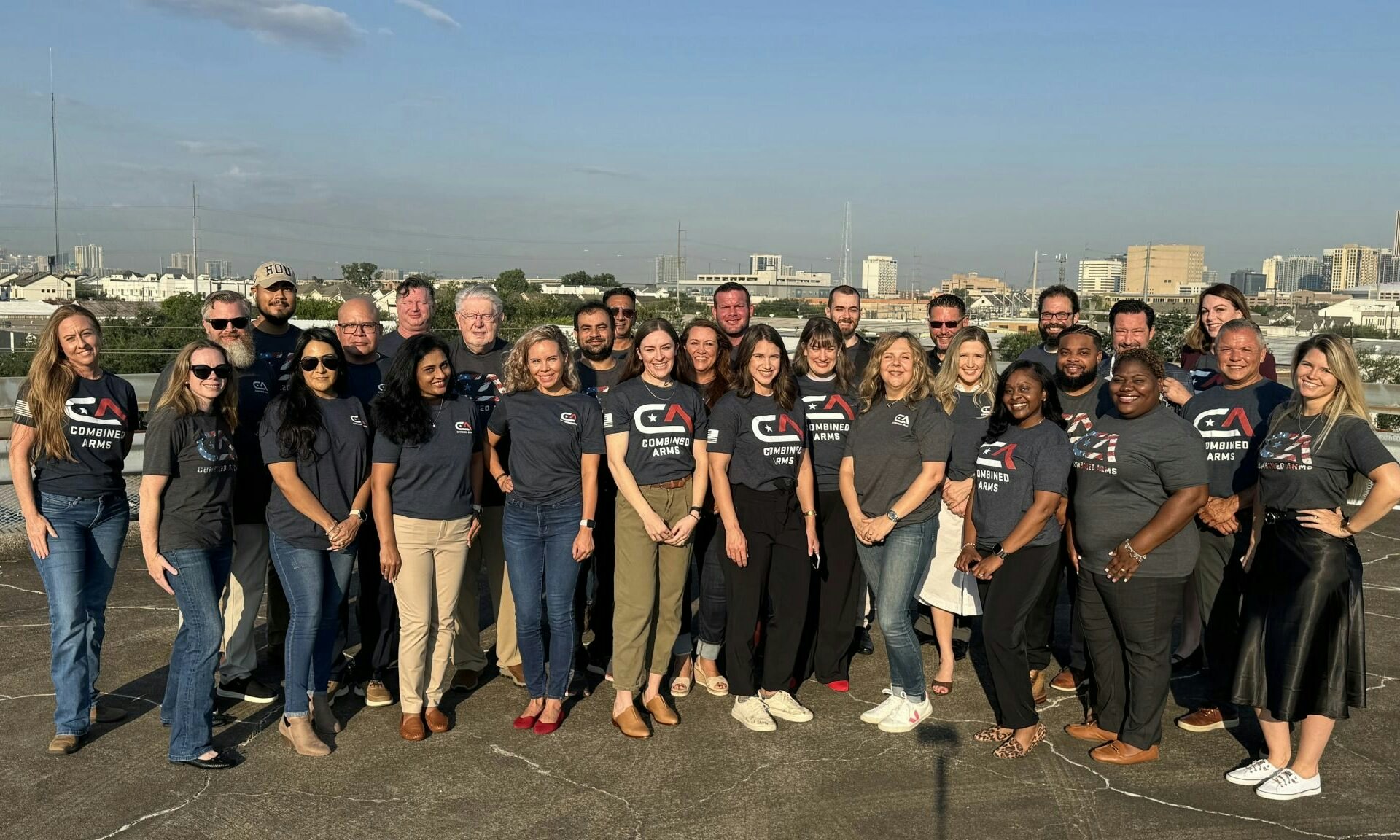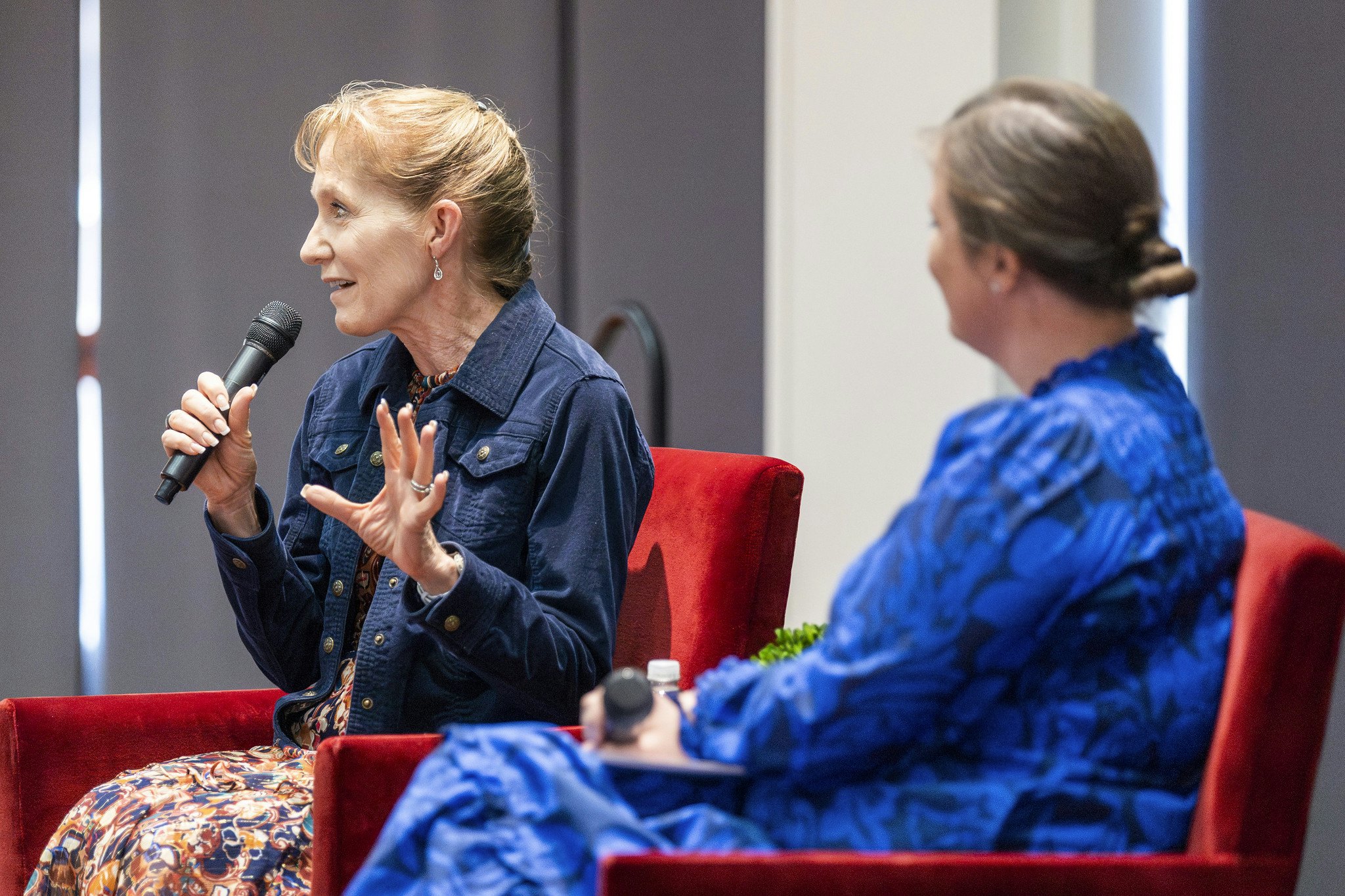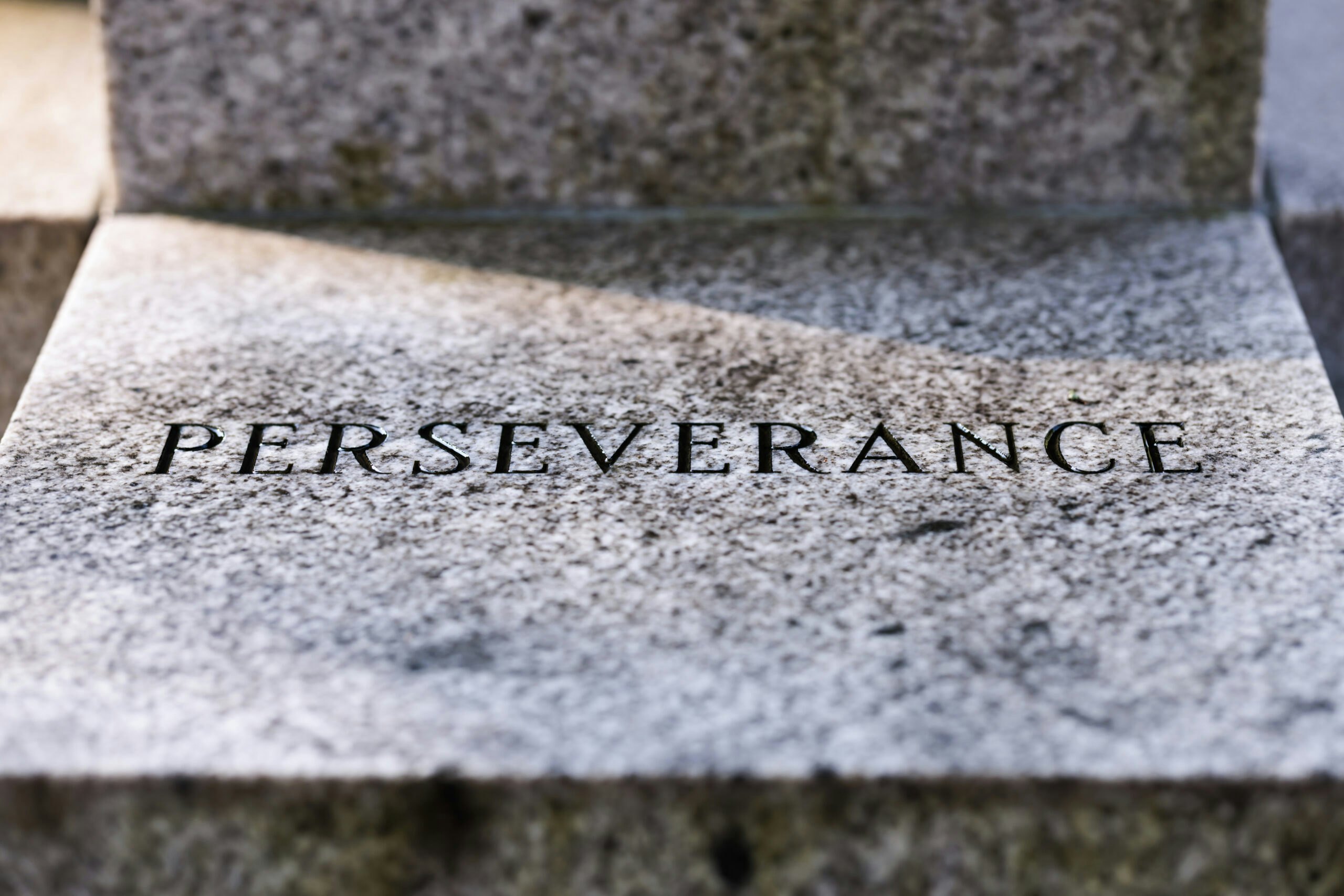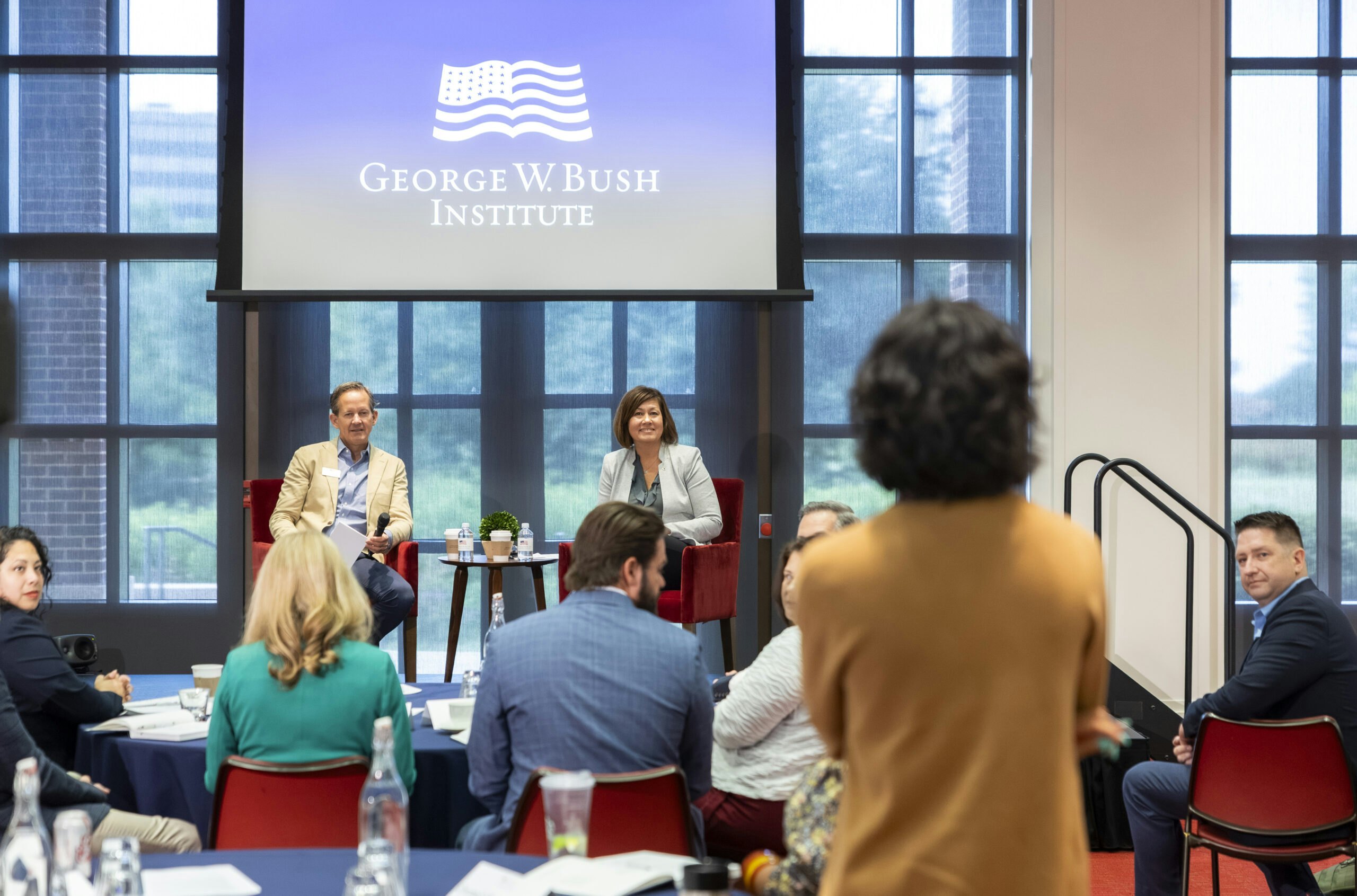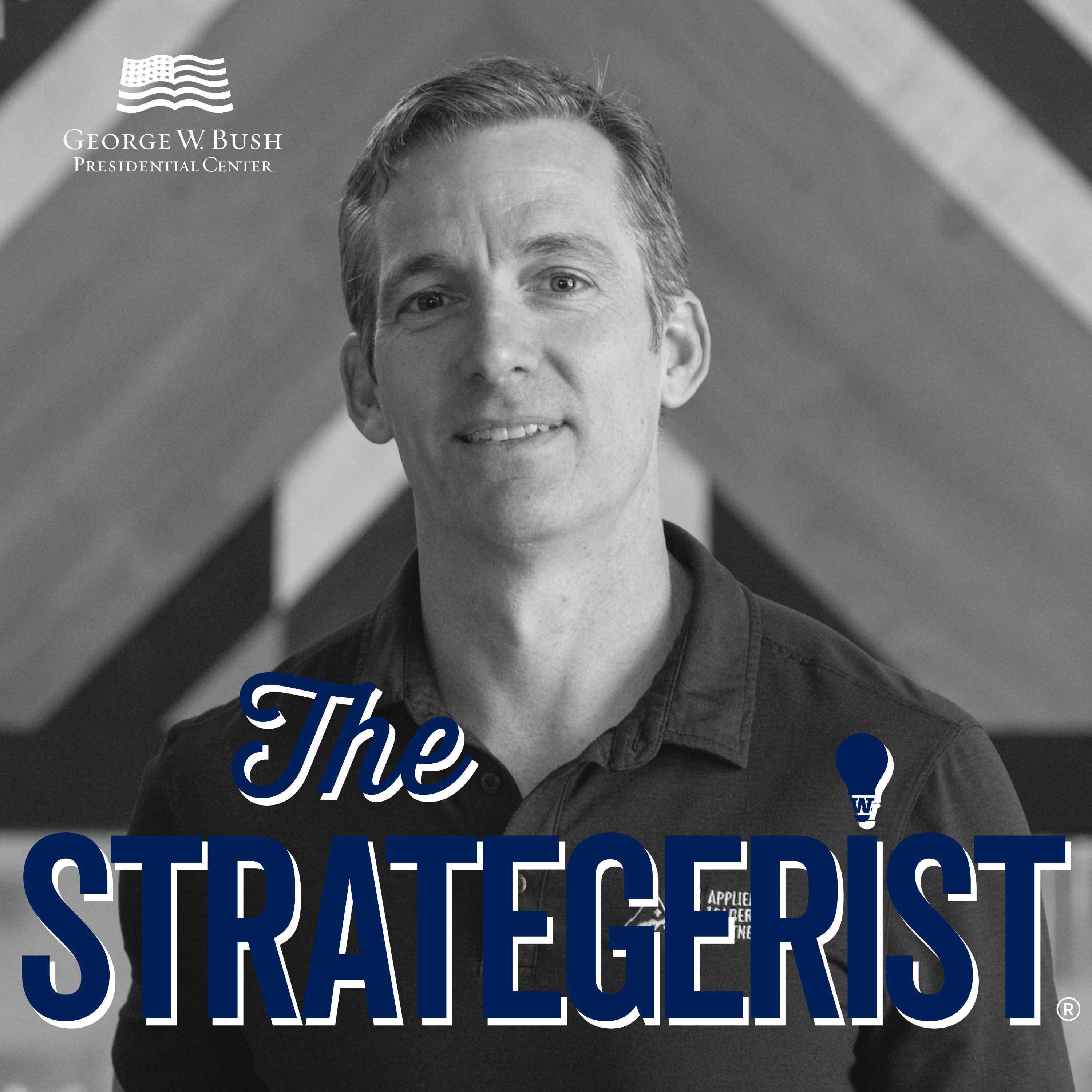Every Kentucky veteran (and dare I say, every American veteran) should have access to quality legal support from qualified attorneys who understand and appreciate the unique and often traumatic circumstances faced by military service members, veterans, and their families.
That’s why I’ve been working to establish the 96 Veterans Pro-Bono Legal Exchange (the 96 Exchange), which raises the bar on legal services for veterans throughout the Commonwealth. The 96 Exchange provides a foundation for creating a network of attorneys – who are also military veterans – and a framework to lead by example and honor fellow veterans by committing 96 hours of legal acumen to aid Kentucky’s veterans with addressing civil legal inquires.
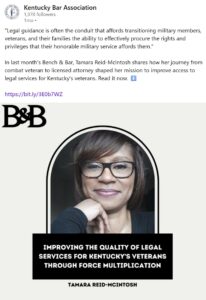
I developed the 96 Exchange as my personal leadership project during my time in the Stand-To Veteran Leadership Program at the George W. Bush Institute, capping five months of extraordinary engagement with a diverse network of Scholars, peers, and resources. The program focuses on improving the lives of military service members, veterans, and their families.
After presenting my work on the 96 Exchange at the conclusion of Cohort Six (the Classix) in October 2024, I returned to the Bluegrass state unsure of where the project would go next, but Kentucky’s veterans pulled me right back into the work.
The calls for legal guidance or legal referrals came in as I restarted the Kentucky Department of Veterans Affairs’ mobile phone and filled my voice mailbox. They demonstrated the continued need for quality legal services for veterans and the work of my initiative.
Their legal requests go far beyond the defense of benefits – and the legal inquiries presented by Kentucky’s veterans have given my legal education a run for its money.
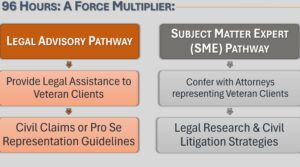
They include issues like whether property damage wreaked by service dogs owned by veterans with PTS can be the basis for evictions by landlords; whether the law allows veterans to invoke their disability ratings to preclude neighbors
from shooting fireworks, pistols, or other noise producing articles in their backyard after dark; how to write a will that raises every end-of-life veterans benefit available; how to start a veteran-owned small business with a recent tax refund; or whether there are special considerations for veterans who file for bankruptcy protection if they have a VA-backed home mortgage loan.
Resolving these legal issues will undoubtedly improve the quality of these veterans’ lives.
In pursuit of this effort, shortly after completing the Veteran Leadership Program, I approached the Kentucky Bar’s Military & Veterans Law Committee with my initiative. It has since laid the foundation for officially launching the 96 Exchange.
The committee has since gained commitments from at least one attorney per county in over 80% of the Commonwealth’s 120 counties, thanks to volunteer work by extraordinary Kentucky attorneys who are also veterans and judges. Participation by attorneys who are not veterans comes with a commitment to be trained in engaging with veteran clients or to use the 96 Exchange as a resource.
The committee’s chairperson, a retired Air Force JAG Officer, has been instrumental in involving the committee with two of the three law schools in the Commonwealth. The goal is to pay it forward by educating law students on the importance of providing quality legal services to veterans, with hopes that those law students will become attorneys who take an active interest in understanding how to engage with veteran clients when they join the bar.
I remain convinced that military veteran status changes every legal fact pattern buttressing civil claims, so the need for QUALITY legal support is not simply an issue of veterans’ financial ability to hire attorneys (although the cost of service can be a barrier). It is instead an issue of whether the attorneys who are hired understand the veteran’s story – the unique circumstances faced by military service members, veterans, and their families, which often cause them to seek legal guidance in the first instance.
Similar needs exist in other states. Most have a Veteran Service Alliance but not all attempt to offer any legal services. Some states, like Illinois, use legal aid hotlines, but anyone can call, so veterans become subsets of the callers. In other states, like Louisiana, nonprofits do the work for veterans. It’s a mixed bag. So, the 96 Exchange or a program like it has the potential to be rolled out in other places.
In the meantime, my focus remains on the Bluegrass State.
In May 2025, the Kentucky Bar Association’s Military & Veterans Law Committee’s Chairperson announced his retirement from the Committee. As I await notice of whether I might become the next chairperson, I am reminded why I tell people
“I wasn’t born in the Bluegrass state, but I got here as soon as I could!”
 For me, there is something special about the Commonwealth of Kentucky and the veterans who reside here. That something special is the driving force behind my desire to advance the 96 Exchange as the next chairperson or actively engaged committee member. In whatever capacity, there is still much work to do!
For me, there is something special about the Commonwealth of Kentucky and the veterans who reside here. That something special is the driving force behind my desire to advance the 96 Exchange as the next chairperson or actively engaged committee member. In whatever capacity, there is still much work to do!
















